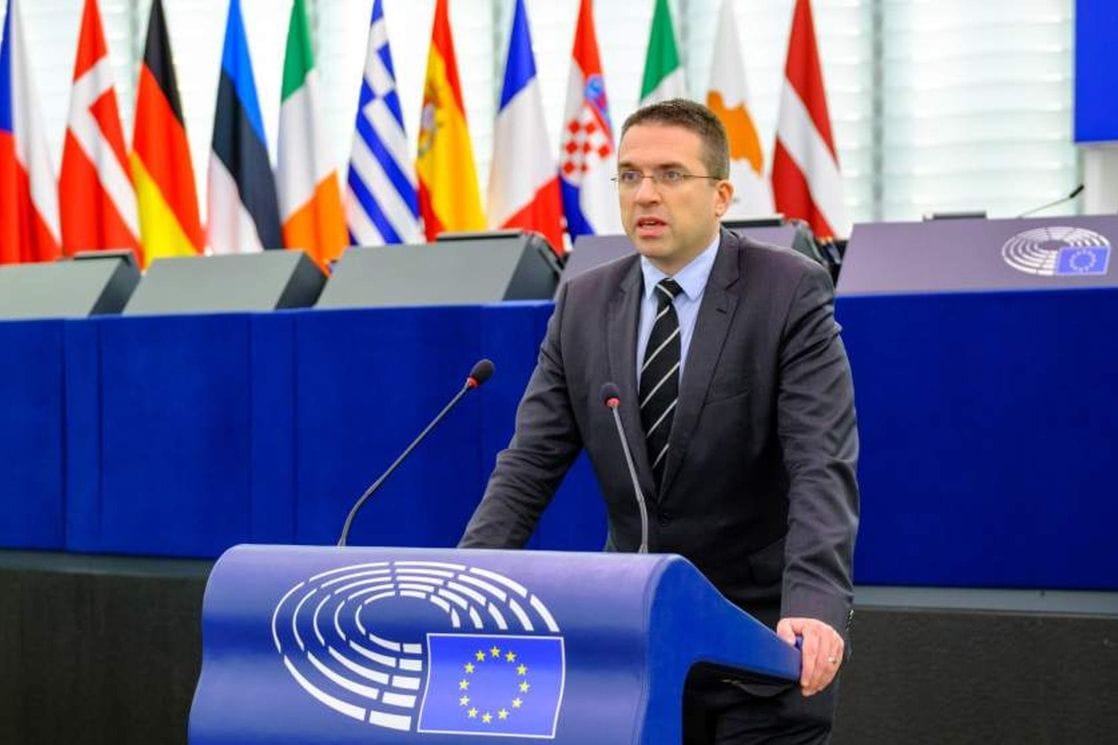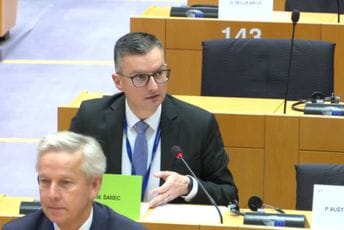European Parliament member Tomislav Sokol highlights in his report that the influence of the Serbian Orthodox Church and the politics of Belgrade and Moscow is a significant problem on Montenegro’s path to the European Union. He particularly points out the negative influence of the SPC and political figures such as Andrija Mandić, Milan Knežević, and Aleksa Bečić, who, according to him, think one thing, say another, and do a third. Croatia closely monitors the situation in Montenegro and holds accountable those connected to Belgrade and Moscow. The European Parliament report problematizes issues of rule of law, prosecution of war crimes, and the status of the missing, which are key topics in the relations between Croatia and Montenegro, transcending bilateral relations and concerning fundamental European values.
Political Perspectives:
Left: Left-leaning sources tend to emphasize the negative impact of nationalist and religious influences on Montenegro’s democratic development and European integration. They highlight the problematic role of the Serbian Orthodox Church and political figures aligned with Belgrade and Moscow, framing it as an obstacle to rule of law and regional stability.
Center: Centrist perspectives focus on the factual reporting of the European Parliament’s findings, acknowledging the influence of the Serbian Orthodox Church and political actors linked to Belgrade and Moscow as a challenge for Montenegro’s EU accession. They stress the importance of addressing bilateral issues such as war crimes and missing persons to uphold European values.
Right: Right-leaning narratives emphasize the threat posed by Serbian nationalist influence and the Serbian Orthodox Church in Montenegro, often framing it as external interference undermining Montenegrin sovereignty. They support Croatia’s stance in holding these actors accountable and stress the need for Montenegro to align with Western values and EU standards.










